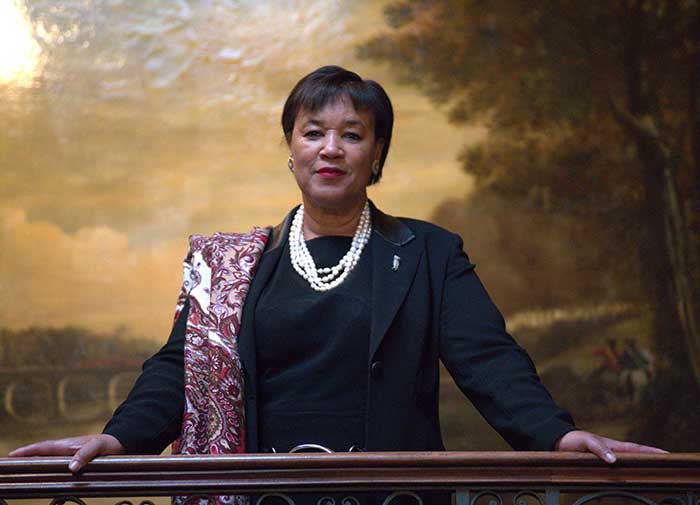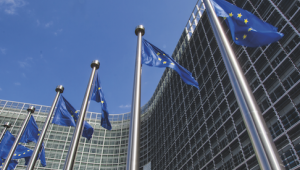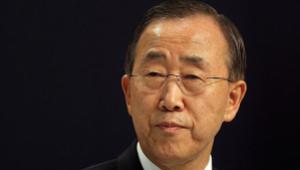web_patriciascotland_commonwealthsecretariat.jpg

Commonwealth secretary general Patricia Scotland
Talking to the Guardian, Scotland said she aims to make it advantageous to be a “compliant, transparent, non-corrupt entity in the Commonwealth”.
Her proposals entail the establishment of a Commonwealth standard, that will be granted to countries whose anti-corruption provisions are up to scratch.
“When people realise ‘no mark [means] no work’ it will slowly raise the standard,” she said.
“It would mean that when monies are given out for instance by the United Nations, the Council of Europe or the [UK’s] Department for International Development, they would look to see if the entity has been given the Commonwealth standard indicating you have good systems in place.”
She said this would include meeting the standards of the UK’s Bribery Act, which she introduced in 2010 and said could be used as a model for the entire Commonwealth.
Those that are deemed compliant and adhering to best practice would then be first in line for financial aid, while those without the mark would struggle to get public contracts, aid or loans.
Credit rating agencies may also take the mark into account when they evaluate a country, she added.
In an interview with the BBC, Scotland also said the Commonwealth had mooted the idea of an office of criminal and civil justice reform to highlight best practice and toolkits, providing the needed tools to fight corruption more effectively.
She is expected to develop her proposals further at the Tackling Corruption Together conference on Wednesday, a pre-curser to the international Anti-Corruption Summit that will take place in London the following day.
Wednesday’s event will see governments, business and civil society come together to strengthen their anti-corruption efforts.
Scotland said she hopes to see both summits intensify the global fight against corruption, and that she will be working to do so in the Commonwealth.
“In the Commonwealth there are 2.2 billion of us in 53 countries. We cover one third of the world,” she told the BBC.
“So just imagine if that one third decides that we’re going to use our common law, our common language, our common systems and our sense of fairness, equity and the rule of law to make a difference, just imagine what we can do.”













